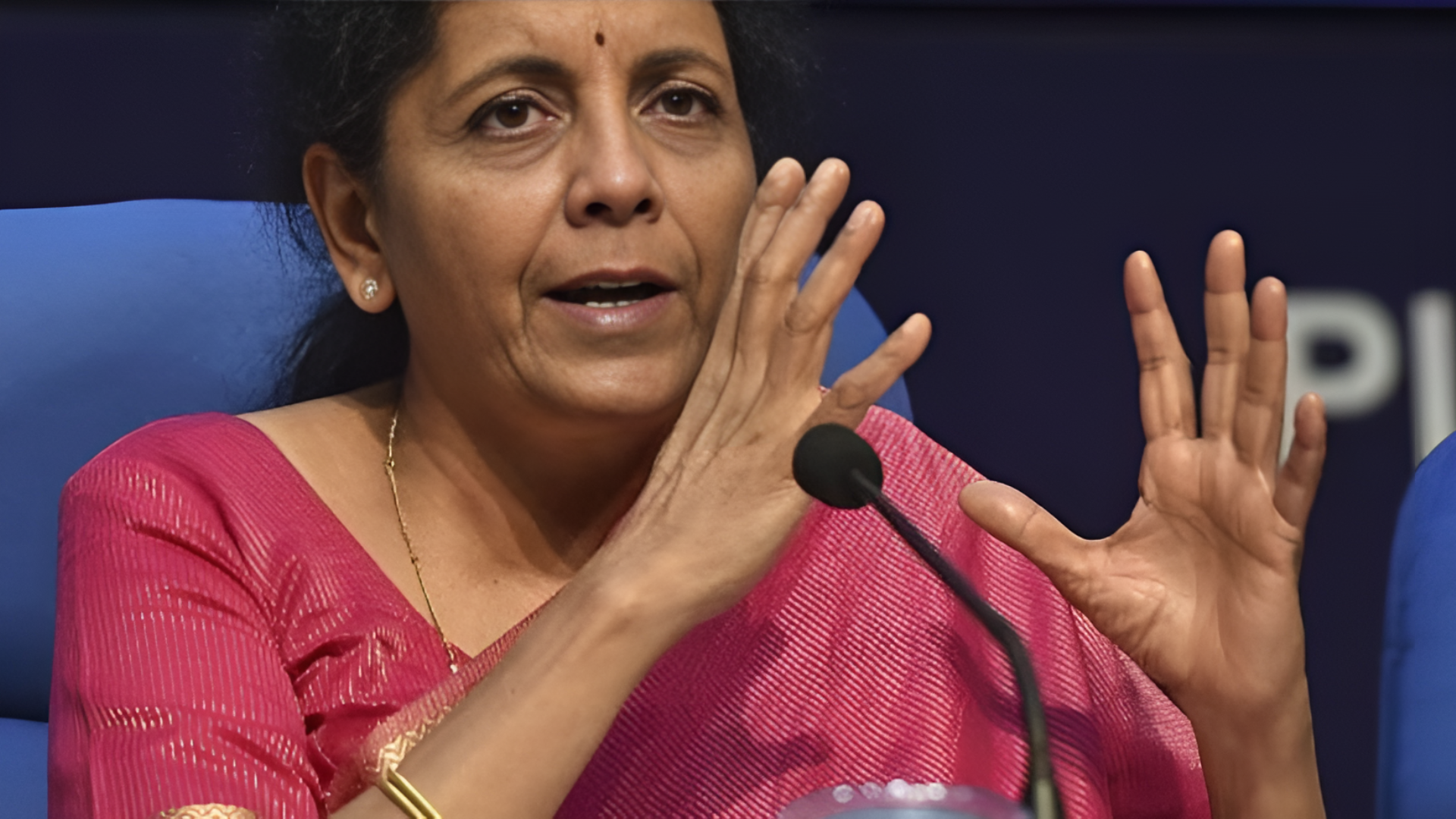The government released the Economic Survey for 2023-24 in Parliament today, projecting that India’s real GDP could grow between 6.5% and 7% in 2024-25. The Economic Survey, produced by the Chief Economic Advisor’s Office in the Ministry of Finance, has evolved from a retrospective commentary to a forward-looking analysis of the government’s economic strategies. This year’s Survey outlines the economic roadmap envisioned by the current administration.
The Survey suggests that for India to advance to a developed nation amid unprecedented global challenges, a tripartite compact is necessary: governments must trust and delegate, the private sector must respond with long-term thinking and fair practices, and the public must take responsibility for their finances and health. It emphasizes that economic rejuvenation cannot be achieved through abrupt regulatory changes or market shifts.
Must Read: What Is An Economic Survey To Be Tabled In Parliament Today, See Comprehensive Details Here
The Survey identifies key areas needing attention from both the government and private sector, including ongoing issues with ease of doing business. Despite progress in the past decade, challenges remain with transfer pricing, taxes, import duties, and non-tax policies. Additionally, high interest rates in advanced economies and rising geopolitical tensions are impacting foreign direct investment (FDI). The Survey also critiques the private sector for not fully utilizing the government’s corporate tax rate reductions aimed at boosting capital formation. It highlights that while investment in ‘Dwellings, other buildings and structures’ has grown by 105%, investment in machinery, equipment, and intellectual property has only increased by 35%, which could hinder India’s manufacturing sector and job quality.
The Survey warns of future challenges including geopolitical and technological disruptions, noting that the rise of AI may impact white-collar jobs and urges the corporate sector to consider how AI can complement rather than replace human labor. It stresses that the global environment has shifted significantly since China’s rise, with current challenges including intense geopolitical tensions, climate change concerns, and the uncertainties brought by AI.
“Economic Survey Affirms India’s Strong Economic Position and Advocates for Diverse Development Strategies”
Despite these challenges, the Survey asserts that the Indian economy remains robust, with strong post-Covid recovery and effective fiscal and monetary policies ensuring stability. It also cautions against overconfidence and speculative behavior in financial markets, and emphasizes the need for diverse development strategies rather than binary thinking between urban and rural, growth and equity, or manufacturing and services.
Also Read: Indian Companies Lag in Global Patent Race: FAST India Report




